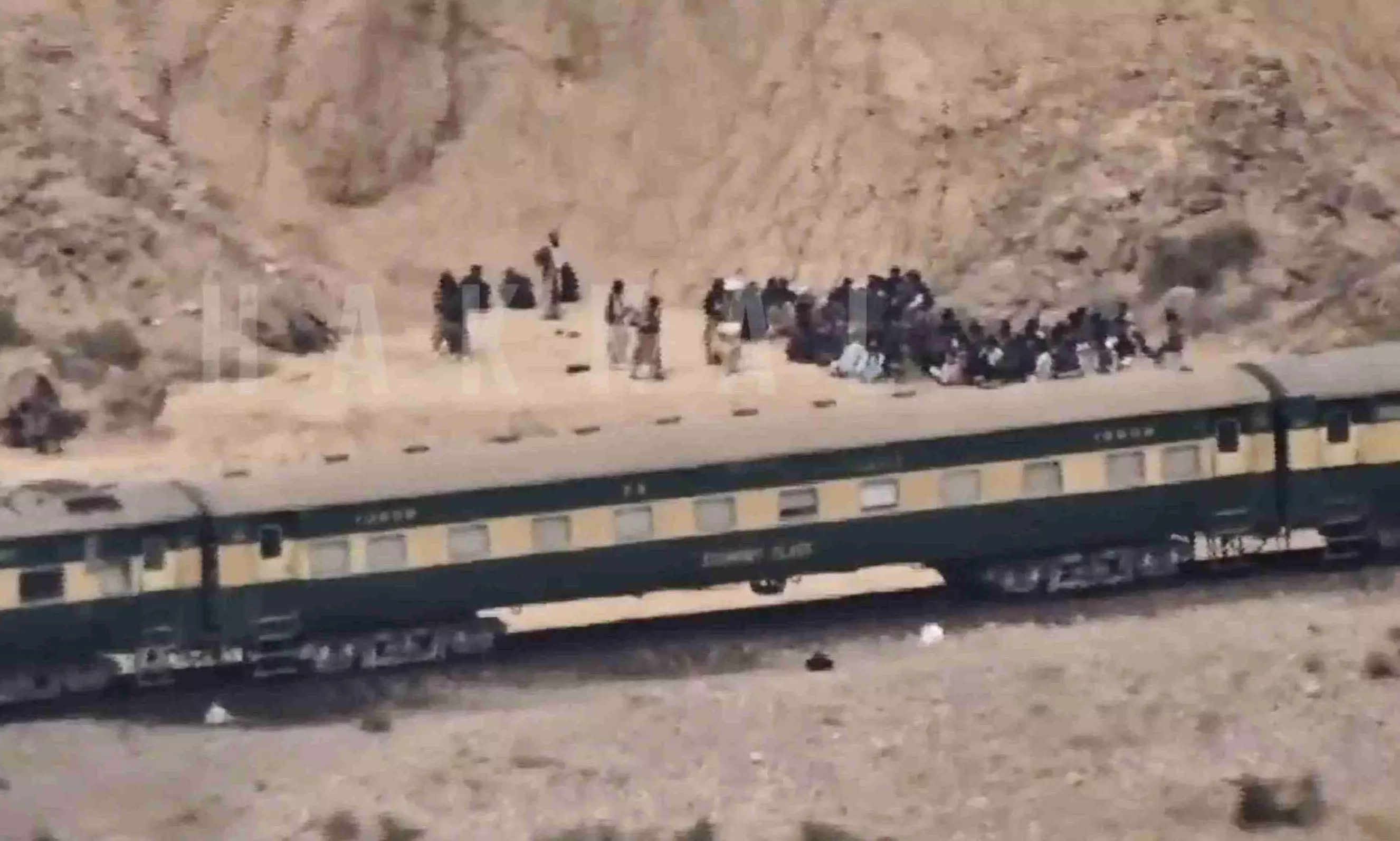
Pakistan train hijack: Why is BLA fighting for Independent Balochistan?
With thousands of incidents reported in Balochistan over the past year, the hijacking of Jaffar Express underscores the growing instability in the province

The 30-hour Balochistan train hijack crisis finally ended on Wednesday (March 12), leaving 21 passengers and four soldiers dead. All 33 Baloch rebels were neutralised, said the Pakistan Army.
The Balochistan Liberation Army (BLA) hijacked the Jaffar Express, a passenger train travelling from Quetta in Balochistan to Peshawar, the day before.
The train, carrying 463 passengers, was seized while passing through a tunnel, where the attackers exploited the lack of network connectivity to take control. The hijackers claimed they released civilian passengers, including women and children, while detaining more than 100 Pakistani soldiers as hostages. However, Pakistani authorities denied this claim, saying women and children were also held hostage.
The Pakistani military launched an emergency response, dispatching another train loaded with medical supplies, food, and troops in an attempt to rescue the captured personnel. However, the BLA warned of severe retaliation if military forces attempted an assault.
So, what is the Balochistan freedom movement all about?
What is the Balochistan Liberation Army?
The BLA is a separatist militant organization fighting for an independent Balochistan. The movement has its roots in grievances over Pakistan’s control of the province’s natural resources and the government's perceived neglect of local development. The insurgents argue that while Balochistan is rich in minerals, the benefits are not shared with the local population.
The growing presence of Chinese-backed infrastructure projects under the China-Pakistan Economic Corridor (CPEC) has further fuelled local tensions. Many Baloch activists believe that these projects are designed to exploit their land while offering minimal benefits to the indigenous population.
Also read: ‘Checked IDs, took away Punjabis’: Freed Pak train hostages recount ‘terrifying’ ordeal
The longstanding Baloch struggle
Balochistan covers nearly 40 per cent of Pakistan’s landmass but has a population of only around 15 million people. Historically, the region has sought greater autonomy, if not outright independence, due to cultural, linguistic, and economic disparities with the rest of the country. The Baloch people speak Balochi, a language more closely related to Persian, setting them apart from Pakistan’s dominant Urdu and Punjabi-speaking population.
Since Pakistan’s independence in 1947, Baloch separatists have periodically clashed with state forces, resisting federal control. The hijacking of the Jaffar Express marks a significant escalation in this conflict, potentially intensifying tensions in the region.
Human rights concerns and enforced disappearances
Human rights organizations estimate that nearly 8,000 Baloch activists, students, and civilians have been forcibly disappeared over the past two decades. Reports suggest that many of these individuals have been detained by Pakistan’s security forces, with their families left in the dark regarding their whereabouts.
“The disappearances are part of a systematic attempt to silence the Baloch people’s demand for independence,” claim Baloch separatist groups. The Pakistani government, however, denies these allegations and insists that its security operations target only militant groups.
Also read: Pakistan train siege over; 21 passengers, 4 soldiers dead; all 33 rebels eliminated
What next for Balochistan?
With thousands of incidents reported in Balochistan over the past year, the hijacking of Jaffar Express underscores the growing instability in the province. The Pakistani government faces mounting pressure to address Baloch grievances, while the military’s response to the ongoing crisis will be closely watched.
As tensions continue to rise, one thing is certain—the struggle for Balochistan’s autonomy is far from over.
The content above has been generated using a fine-tuned AI model. To ensure accuracy, quality, and editorial integrity, we employ a Human-In-The-Loop (HITL) process. While AI assists in creating the initial draft, our experienced editorial team carefully reviews, edits, and refines the content before publication. At The Federal, we combine the efficiency of AI with the expertise of human editors to deliver reliable and insightful journalism.

